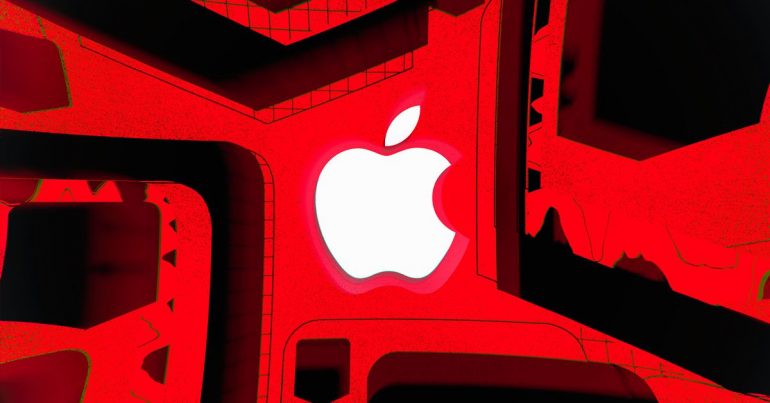A new lawsuit from the creator of jailbroken iOS app store Cydia claims Apple used anti-competitive tactics that froze out Cydia and other would-be rivals when it created its App Store.
Apple, the lawsuit states, “began coercing users to utilize no other iOS app distribution service but the App Store, coupling it closer and closer to the iPhone itself in order to crowd out all competition.” The company is seeking a jury trial and unspecified monetary damages: “This lawsuit seeks to open the markets for iOS app distribution and iOS app payment processing to those who wish to compete fairly with Apple, and to recover the enormous damages Apple caused.”
Software developer Jay Freeman launched Cydia in 2007, before Apple had established the App Store. After the launch of the App Store, Cydia became a way for users to install apps, tweaks, and software that hadn’t been approved by Apple. The lawsuit alleges that the early iPhones were limited in functionality and came with “only a handful of Apple apps,” and they were not able to install third-party software or additional apps. Over the years, Apple made it more difficult to jailbreak iPhones and, the lawsuit alleges, discouraged developers from using non-Apple app stores. Cydia shut down new purchases in 2018.
Cydia’s lawsuit, first reported by The Washington Post, claims that Apple now has a monopoly over iOS software distribution. “Were it not for Apple’s anticompetitive acquisition and maintenance of an illegal monopoly over iOS app distribution, users today would actually be able to choose how and where to locate and obtain iOS apps, and developers would be able to use the iOS app distributor of their choice,” according to the lawsuit.
Apple says it plans to review the lawsuit and continues to discourage people from jailbreaking iPhones for security reasons. A 2019 study from antivirus company Norton found that Apple’s stringent controls over what apps are allowed into the App Store made iOS devices somewhat more secure than those running the more popular open-source Android operating system. However, the US Copyright Office has established that iPhone jailbreaking is not illegal.
Cydia is the latest company to allege Apple has engaged in anti-competitive behavior. In August, Epic Games introduced a new direct payment system in its popular Fortnite game to bypass Apple’s 30 percent fee. Apple kicked Fortnite off the App Store for violating its rules, and Epic responded with a civil lawsuit against Apple, alleging that the iPhone maker was violating antitrust law.
A judge granted an injunction to prevent Apple from retaliating against Epic’s Unreal Engine platform, but refused to grant an injunction that would have restored Fortnite in Apple’s App Store. Apple said it would seek damages against Epic for allegedly breaching its contract with the iOS App Store.
In September, several companies that have criticized Apple — including Epic, Spotify, Basecamp, Match Group, Tile, Blix, and Deezer — created the Coalition for App Fairness to “create a level playing field for app businesses and give people freedom of choice on their devices.”

Devoted web advocate. Bacon scholar. Internet lover. Passionate twitteraholic. Unable to type with boxing gloves on. Lifelong beer fanatic.





